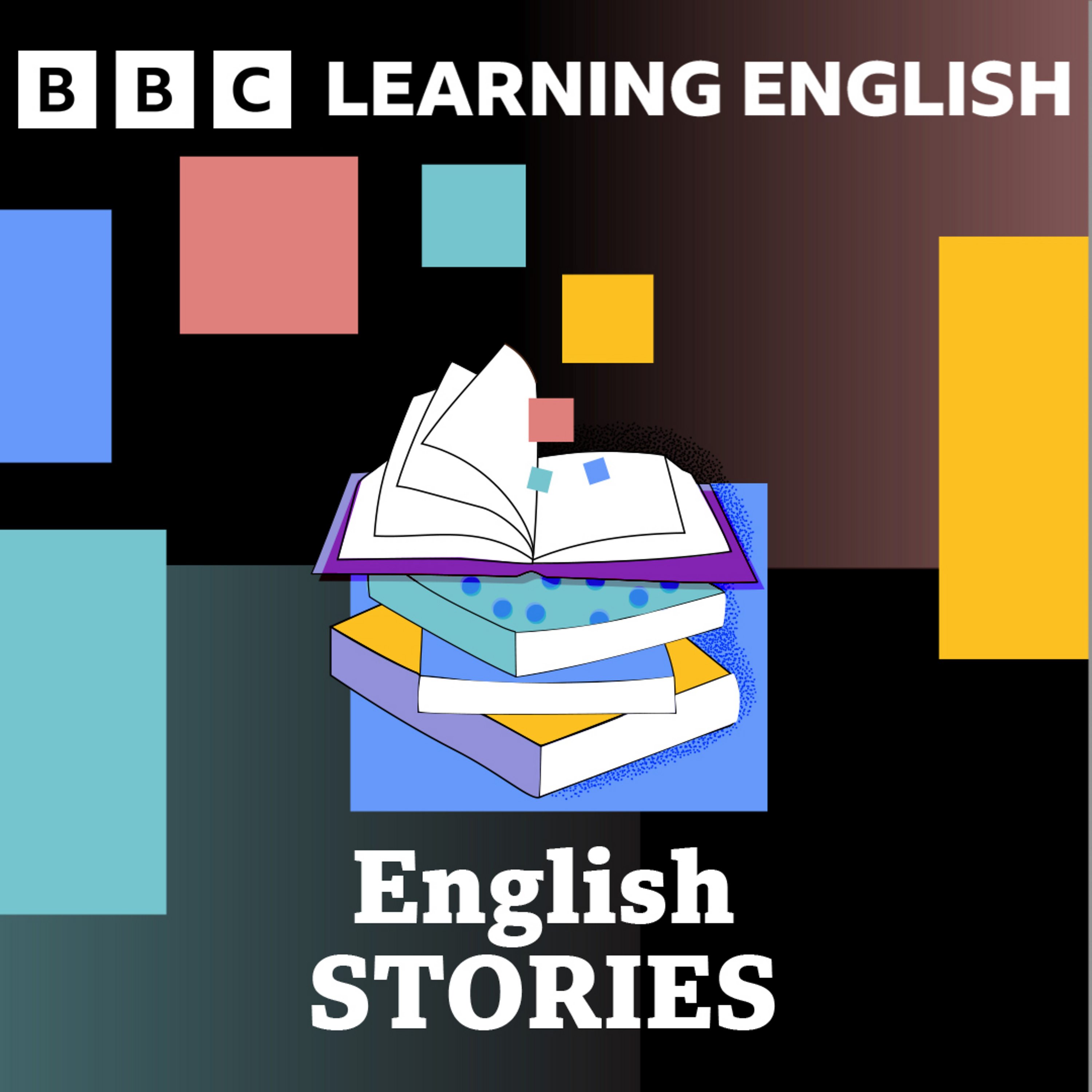
Christmas Stories: How to tell a story

Learning English Stories
Deep Dive
What is the purpose of foreshadowing in storytelling?
Foreshadowing provides hints or clues about what will happen later in the story, keeping the audience engaged and curious about the outcome.
What phrases can be used to add foreshadowing to a story?
Phrases like 'little did I know' and 'unbeknownst to me' can be used to introduce foreshadowing into a story, creating anticipation for future events.
How does descriptive language enhance storytelling?
Descriptive language, such as 'blanketed in snow,' paints vivid images in the listener's mind, making the story more engaging and relatable.
What are some common weather-related phrases used in storytelling?
Common weather-related phrases include 'blanketed in snow,' 'the rain was pouring down,' 'the sun was beating down,' 'bitterly cold,' and 'baking hot,' which help describe the atmosphere vividly.
How does switching tenses improve storytelling?
Switching tenses, such as using past simple for specific actions and past continuous for ongoing actions, provides context and adds depth to the narrative, especially when describing interruptions or simultaneous events.
What is the difference between past simple and past continuous in storytelling?
Past simple is used for short, completed actions, while past continuous is used for longer, ongoing actions that may be interrupted or happening simultaneously with other events.
Why is the present simple sometimes used in storytelling?
The present simple can make a story feel more dramatic and immediate, often used to create a sense of urgency or to bring the listener into the moment of the narrative.
- Foreshadowing creates suspense.
- Phrases like 'little did I know' and 'unbeknownst to me' can be used for foreshadowing.
Shownotes Transcript
Pippa and Beth talk about some language you can use to tell a good story.
TRANSCRIPT Find a full transcript for this episode and more programmes to help you with your English at: https://www.bbc.co.uk/learningenglish/features/christmas-stories/250110
FIND BBC LEARNING ENGLISH HERE:
Visit our website
✔️ https://www.bbc.co.uk/learningenglish
Follow us
✔️ https://www.bbc.co.uk/learningenglish/followus
SUBSCRIBE TO OUR NEWSLETTER: ✔️ https://www.bbc.co.uk/learningenglish/newsletters
LIKE PODCASTS? Try some of our other popular podcasts including:
✔️ 6 Minute English ✔️ Learning English from the News ✔️ Learning English for Work
They're all available by searching in your podcast app.